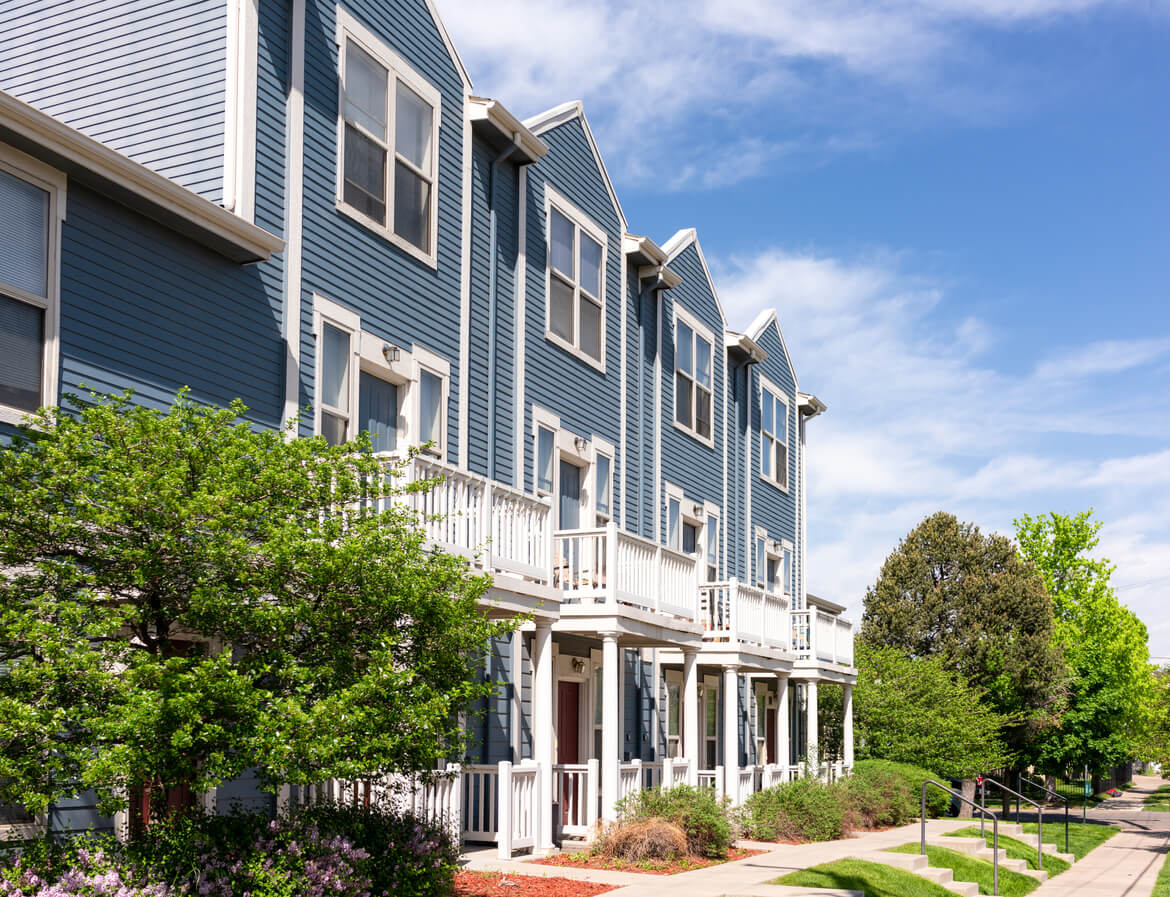Many people mistakenly believe that Rhode Island Condo Insurance is the same thing as the state’s homeowners insurance. Condo insurance isn’t the same as homeowners insurance for a few different reasons.
For starters, there is a difference between a condo and a house. Condos are units in a multi-unit building. As such they require that you have insurance for your own personal condo as well as collective insurance for the whole building. Generally speaking, this collective insurance is often covered under a condo owner’s association fee. It’s important to understand that just because your condo association carries insurance it doesn’t mean that you are fully protected. Here’s what to know about what condo insurance covers in Rhode Island.
Level of Building Coverage
It’s up to the condominium association to select which coverage it wants for the condo building. Usually, this includes three different policy choices:
1. Bare Walls-In
A Bare Walls-In policy provides the lowest level of coverage, covering the exterior framing of each unit as well as the collectively owned parts of the building. If your condo association has this level of policy it’s important that you make sure you have personal coverage to protect everything that’s inside of your personal condo.
2. Single-Entity
Under a single-entity policy, all property within the condo complex (except for the owner’s personal belongings) is covered. However, this does not include appliances, fixtures, and condo owner improvements.
3. All-Inclusive
Don’t let the name fool you: while all-inclusive policies cover all repairs to return property, such as appliances, fixtures, and other owner improvements, to their previous state before the loss, they don’t protect personal property. Again, this means that the condo owner may want to obtain protection for their personal property, although less coverage for repairs may be required.
Combine Your Association’s Master Coverage with Personal Coverage
It’s very important to understand what is – and isn’t – covered under your condo association’s master policy. Sometimes it will cover most things while other times it will only cover the bare minimum. By understanding what isn’t covered, it can help you to select the proper coverage to complement it.
It’s also necessary to understand that while the master policy manages liability for accidents in common spaces, this does not include any accidents or injuries that occur within your own unit. Therefore it’s a good idea to look into liability insurance, should someone be injured in your condo.
HO-6 Policy
An HO-6 condo policy usually covers most of the things that your homeowner’s association does not cover. For instance, it protects your personal property. So should you be forced out of your condo after you suffer a loss, an HO-6 condo policy can help you to claim eligible expenses up to the limit of the policy while you reside in another place.
If your condo policy includes “loss assessment” coverage, it covers part – if not all – of the cost of the damages that exceed the homeowner’s association’s policy limit. The cost of an HO-6 policy depends upon a multitude of factors such as your homeowner’s association coverage, your policy’s limits and deductibles, the construction materials, and the location.
One of the best things that you can do to get started on protecting your personal property is to conduct a home inventory. This will help you to estimate how much your belongings are worth.
PALUMBO LAW Helps Those in Rhode Island with their Condo Insurance Claims
At PALUMBO LAW, our experienced Rhode Island condo law lawyers work strategically to help our clients to get what they deserve. We have experience with property insurance companies and claims and know what insurance companies are looking for. To learn more or to schedule a free consultation, call us today!


